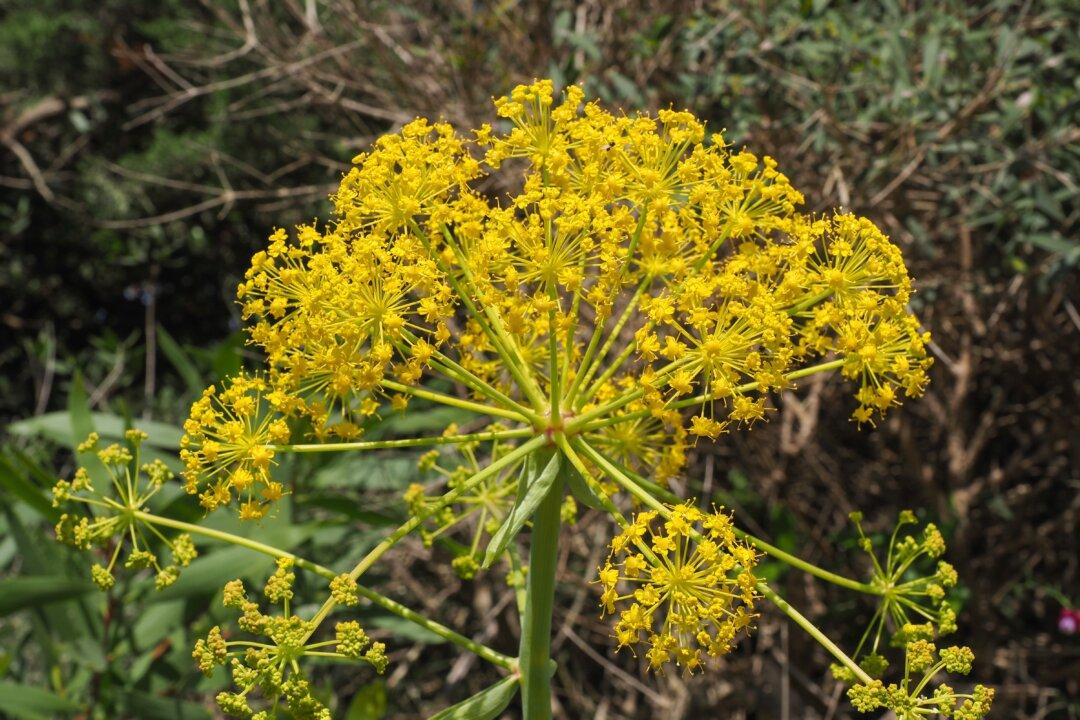Researchers from the UK’s University of Nottingham revealed that an experimental cancer drug showed promising lab results against viral infections, and specifically against COVID-19.(1)
News about how to control or combat the SARS-CoV-2 virus has overtaken media outlets and public debate, to the detriment of addressing other public health issues. For example, during 2020 the rates of suicides,(2) especially among young people, and drug overdoses(3) have risen dramatically.






